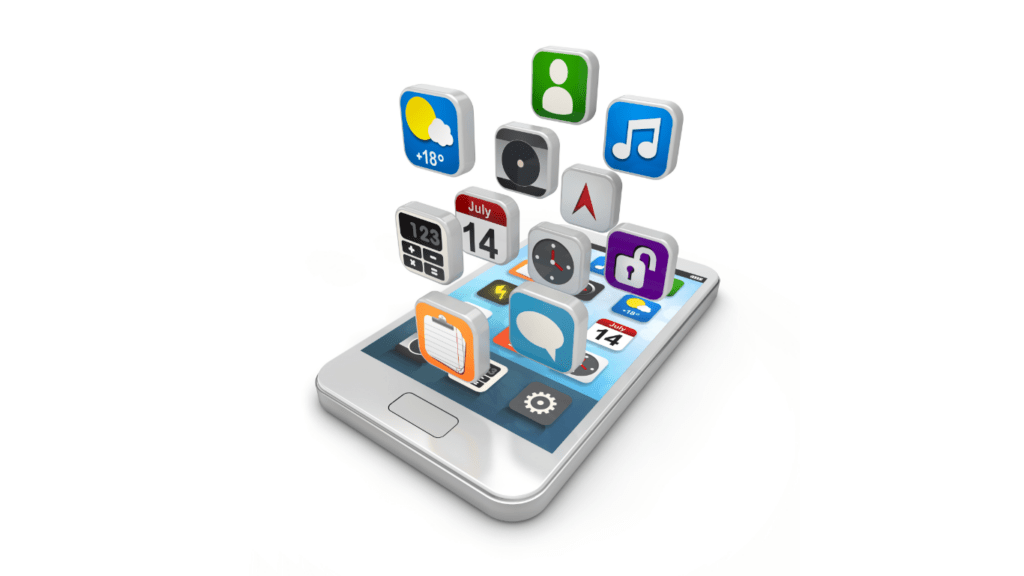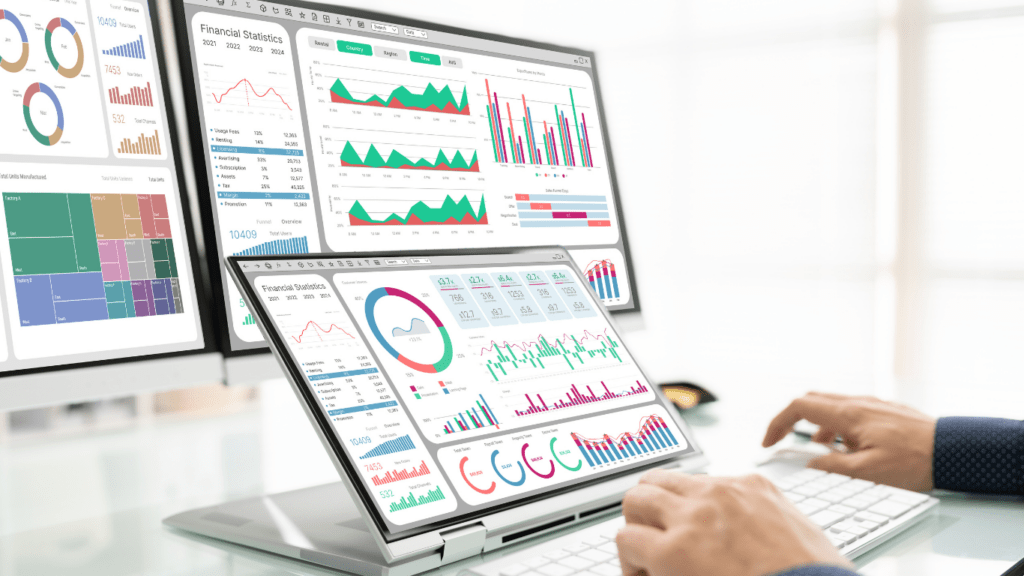The Importance Of Data Security In 2025
Data security in 2025 is critical due to the increasing frequency and sophistication of cyberattacks. Cybercriminals now leverage advanced technologies, including artificial intelligence, to target vulnerabilities in personal and professional systems. Protecting sensitive information like financial data, personal identifiers, and business records requires proactive measures.
Expanding digitalization has heightened risks, making robust security essential. With more devices connected through IoT networks, breaches can cascade, leading to significant losses. A single compromised device can expose entire systems, demonstrating the importance of implementing comprehensive security solutions.
Stronger regulations, such as GDPR and upcoming data protection laws, demand greater accountability. Non-compliance could result in financial penalties and reputational damage. It’s necessary to deploy tools that align with these requirements while ensuring data integrity.
Security apps address key challenges by encrypting communication, monitoring threats, and providing real-time alerts. For instance, apps with multi-factor authentication and VPN capabilities significantly reduce unauthorized access, keeping data private and secure. These tools also allow users to manage passwords efficiently and block dangerous links to prevent phishing attacks.
Key Features Of Effective Security Apps

Effective security apps combine advanced technology with usability to protect data from evolving cyber threats. I focus on the critical features that set these apps apart.
Threat Detection And Prevention
Security apps must identify and mitigate cyber threats proactively. I value real-time monitoring and machine learning integration to spot unusual patterns, such as unauthorized access attempts. Features like antivirus scanning and intrusion prevention stop malware, ransomware, and phishing attacks before they cause harm, enhancing overall protection.
User-Friendly Interface
A simple, intuitive design ensures easy navigation and usability. I prefer apps with straightforward dashboards, quick access to key tools like VPNs or password managers, and customizable settings for personalized security. A clean interface encourages users to fully utilize the app’s capabilities without unnecessary complexity.
Regular Updates And Support
Frequent updates address new vulnerabilities and enhance app performance. I prioritize apps offering automatic updates to maintain the latest security standards. Dependable customer support, including 24/7 availability through chat or phone, adds an essential layer of reliability for resolving issues quickly and minimizing downtime.
Top Must-Have Security Apps For 2025
Effective security apps are critical for countering advanced cyber threats in 2025. I’ve categorized the top choices into key app types that address diverse security needs.
Antivirus And Malware Protection Apps
Antivirus apps provide essential defenses against malicious software and viruses. Leading options include Norton 360, Bitdefender, and Avast. These apps integrate real-time scanning, automatic updates, and robust malware databases to identify and counter threats quickly. Features like ransomware protection and device performance optimization ensure a well-rounded approach to security.
Password Managers
Password managers enhance security by generating, storing, and encrypting credentials. Tools like:
- LastPass
- Dashlane,
- 1Password
simplify managing complex accounts by auto-filling login details and alerting users about weak or reused passwords. Biometric authentication and data breach reports in these solutions contribute to stronger personal data protection.
Virtual Private Networks (VPNs)
VPNs secure online privacy by encrypting internet traffic. Advanced options like:
- ExpressVPN
- NordVPN
- CyberGhost
hide IP addresses, thwarting tracking attempts and accessing restricted content. Features such as no-log policies, multi-platform compatibility, and fast connection speeds make these VPNs reliable for maintaining anonymity online.
Secure Communication Apps
Secure communication apps protect sensitive conversations with end-to-end encryption. Signal, Telegram, and WhatsApp lead this category by ensuring messages, calls, and shared files stay private. Self-destructing messages, multi-device syncing, and metadata minimization in these apps add extra layers of security for individuals and professionals alike.
How To Choose The Right Security Apps For Your Needs
Selecting the right security apps ensures comprehensive protection tailored to specific risks. I focus on evaluating personal security needs and app performance before making decisions.
Assessing Your Specific Security Risks
I examine potential vulnerabilities, including the type of data stored, shared, or accessed online. For users handling sensitive financial or healthcare data, apps with encryption and compliance with standards like GDPR or HIPAA are critical. Frequent travelers benefit from VPN apps to secure public Wi-Fi connections, while those managing multiple accounts prioritize password managers.
I also evaluate device types and usage. Smartphones and IoT devices often require apps with real-time threat detection due to increased attack vectors. For enterprise users, scalable security tools that integrate with company systems prevent data breaches and ensure operational security.
Evaluating App Ratings And Reviews
I analyze app store ratings and user feedback to determine reliability and performance. High ratings, supported by detailed reviews, often indicate superior functionality and user satisfaction. I prioritize apps with multiple positive reviews highlighting features like robust threat detection, ease of use, and seamless updates.
I also cross-check expert reviews and independent test reports. Trusted cybersecurity platforms and analysts often benchmark apps based on detection rates, response times, and privacy standards. Apps consistently scoring above 90% in malware detection tests, for example, demonstrate superior protection levels.



